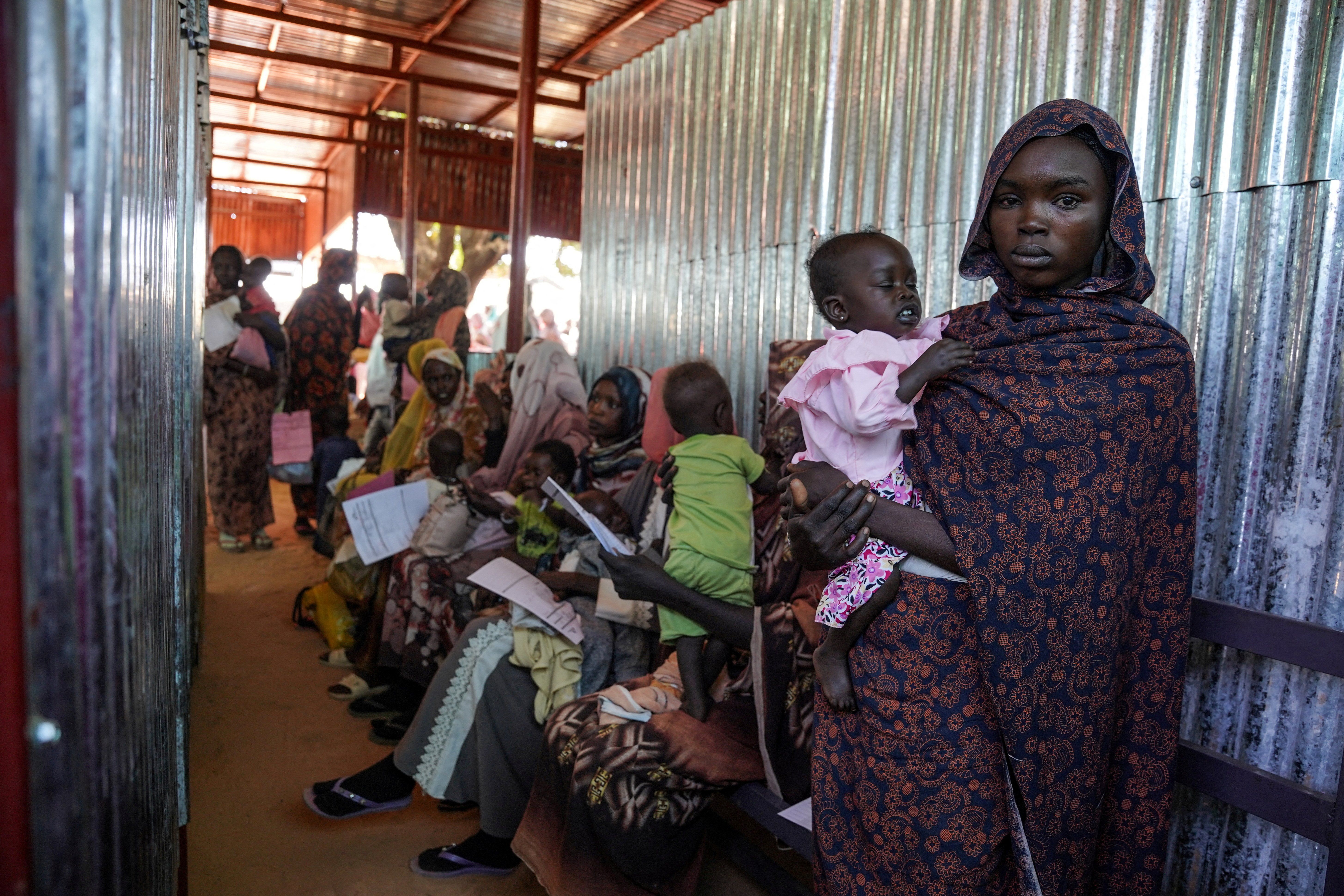June 20, 2024
The Rapid Support Forces, a powerful paramilitary group engaged in fighting with the Sudanese military since April 2023, have encircled El Fasher, the capital of North Darfur in Sudan, in its latest advances amid Sudan's year-long civil war. The city is home to 1.8 million people and a critical hub for humanitarian aid in a region hurtling toward famine.
If it falls, which looks likely, the RSF will be able to make Darfur their home base to fight against the Sudanese military for years to come.
Over the last nine days, 200 football fields’ worth of civilian infrastructure were destroyed by the RSF burning villages to the ground and the Sudanese military indiscriminately bombing civilian areas.
Plenty of guns, but no food. Sudan is facing the world’s worst famine in 40 years, according to US officials. The country has been issued $2.7 billion in humanitarian aid, but less than a fifth of it has trickled in as both sides of the fighting block aid deliveries and use hunger as a weapon.
Meanwhile, weapons continue to flow. On Tuesday, the UN blamed the war’s continuation on arms shipments from external actors like the United Arab Emirates. According to the Sudanese military, the UAE sends weapons into the region several times a week.
“Never again.” When the RSF took control of the city of El Geneina last fall, 15,000 people were killed in days. The main targets of RSF violence are non-Arabs, just as they were when the Janjaweed carried out a genocidal campaign against them in the 2000s. El Fasher is on the precipice of another ethnic massacre, with the UN warning of genocide.
More For You
As expected, the Supreme Court struck down the bulk of Donald Trump's sweeping “Liberation Day” tariffs as illegal … and almost nothing changed.
Most Popular
What's Good Wednesdays
What’s Good Wednesdays™, February 25, 2026
Sponsored posts
Small businesses at a crossroads
Chris, an Army veteran, started his Walmart journey over 25 years ago as an hourly associate. Today, he manages a Distribution Center and serves as a mentor, helping others navigate their own paths to success. At Walmart, associates have the opportunity to take advantage of the pathways, perks, and pay that come with the job — with or without a college degree. In fact, more than 75% of Walmart management started as hourly associates. Learn more about how over 130,000 associates were promoted into roles of greater responsibility and higher pay in FY25.
Ukraine's President Volodymyr Zelenskiy, Finland's President Alexander Stubb, Estonia’s Prime Minister, President of the European Commission Ursula von der Leyen and other European leaders visit memorial to fallen Ukrainian defenders at the Independent Square on the fourth anniversary of Russia's full-scale invasion, in Kyiv, Ukraine February 24, 2026.
Ukrainian Presidential Press Service/Handout via REUTERS
Somewhere in the Donbas region, Ukrainian soldier Artem Bondarenko says he hasn’t slept through the night in months as he defends Eastern Ukraine.
- YouTube
In the latest episode of Vladimir Putin and Xi Jinping's hit wellness podcast This Authoritarian Life, we learn how positive communication patterns can break negative cycles in our relationships -- especially our relationships with Iran, Syria, Venezuela, and Cuba. #PUPPETREGIME
© 2025 GZERO Media. All Rights Reserved | A Eurasia Group media company.
